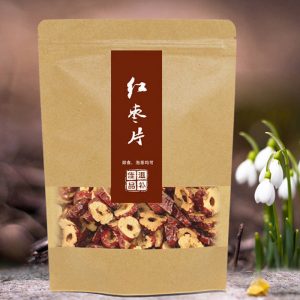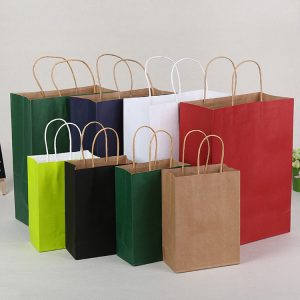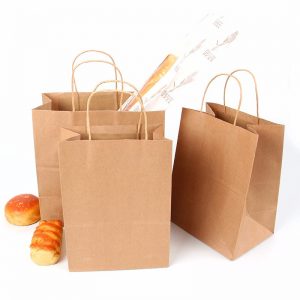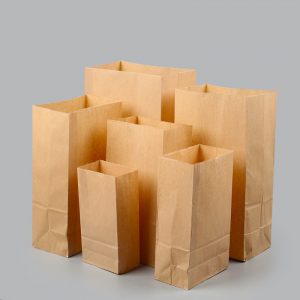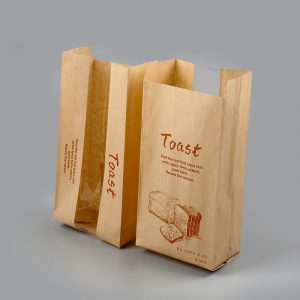The real environmental tableware sugarcane pulp tableware
In the past two years, have you ever been bothered by garbage sorting? After each meal, separate dry trash from wet trash. Carefully remove leftovers from disposable food containers and toss them into two trash cans.

If you've noticed, there's been a decline in plastic in takeaway boxes across the restaurant industry these days, whether it's takeaway boxes, takeout, or even the much-teased "paper straw." It often feels as if these new materials are not as good as plastic.
Needless to say, the meaning of environmental protection is of great significance not only to our country, to the world, to the whole earth. But environmental protection shouldn't make the lives of ordinary people so difficult, "I want to make a contribution, but I want to relax."

Environmental protection should be a meaningful thing, a valuable thing, more should be an easy thing.
This is where eco-friendly materials come in. There are many materials on the market that promote environmental protection, such as corn starch and PLA, but truly environmental protection materials must be compostable and degradable, and the biggest difficulty of compostable degradation is to solve the problem of kitchen waste composting first. The simple answer is to compost compostable materials together with kitchen waste, rather than designing a separate system for compostable materials. But composting is just a solution to the problem of kitchen waste. For example, if you eat a takeout box halfway through your meal and there are leftovers in it, if the box is compostable, you can put those leftovers in the kitchen waste disposal facility together with the box.
So is there a meal box that composts? The answer is yes, sugarcane pulp tableware.
Sugarcane pulp products are made from one of the largest food industry wastes: bagasse, also known as sugarcane pulp. The properties of bagasse fibers can be naturally wound together to form a tight mesh structure, making biodegradable containers. Not only is the new green cutlery as strong as plastic and able to hold liquids, it's also cleaner than biodegradable products made from recycled materials, which may not be able to deink completely and begin to break down after 30 to 45 days in the soil and lose their shape entirely after 60 days.






